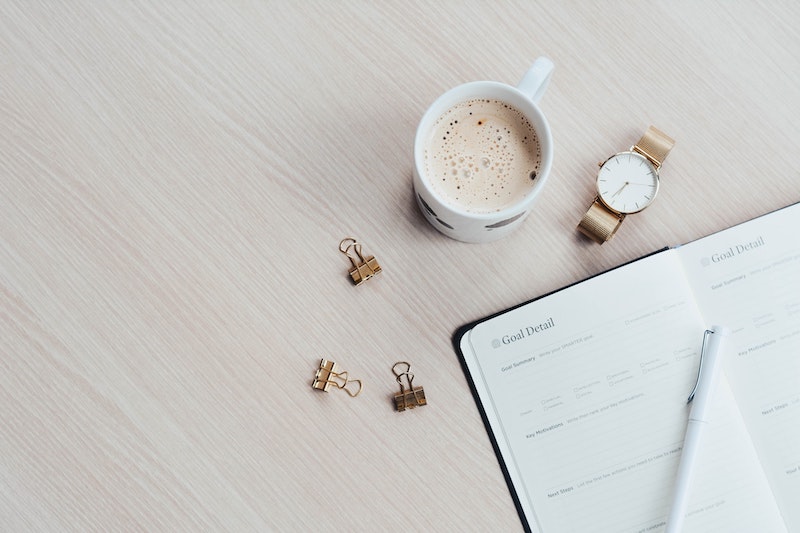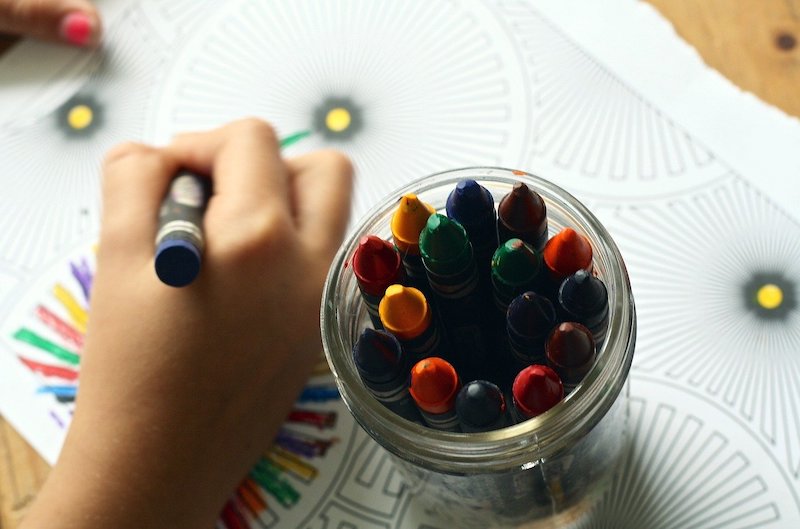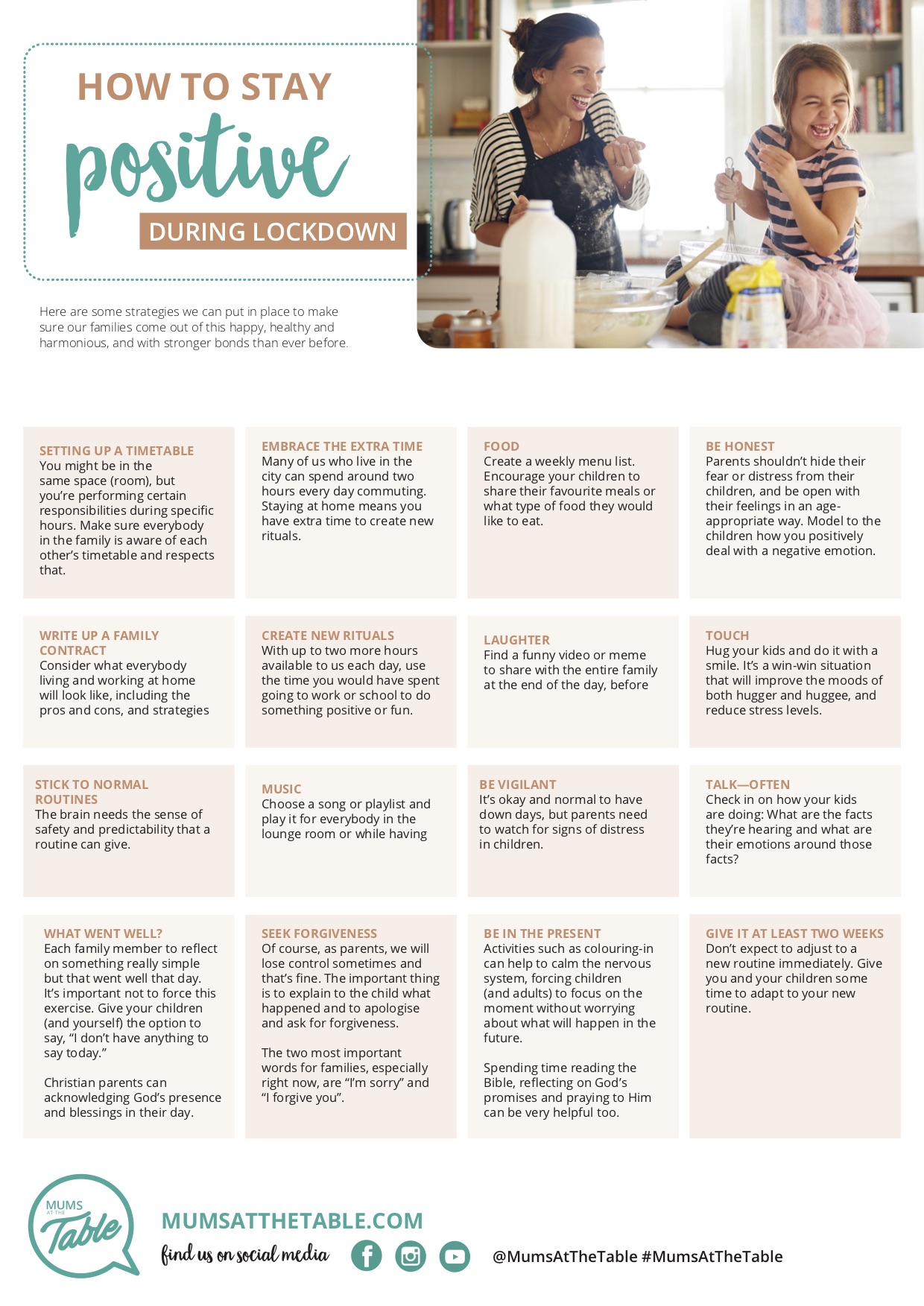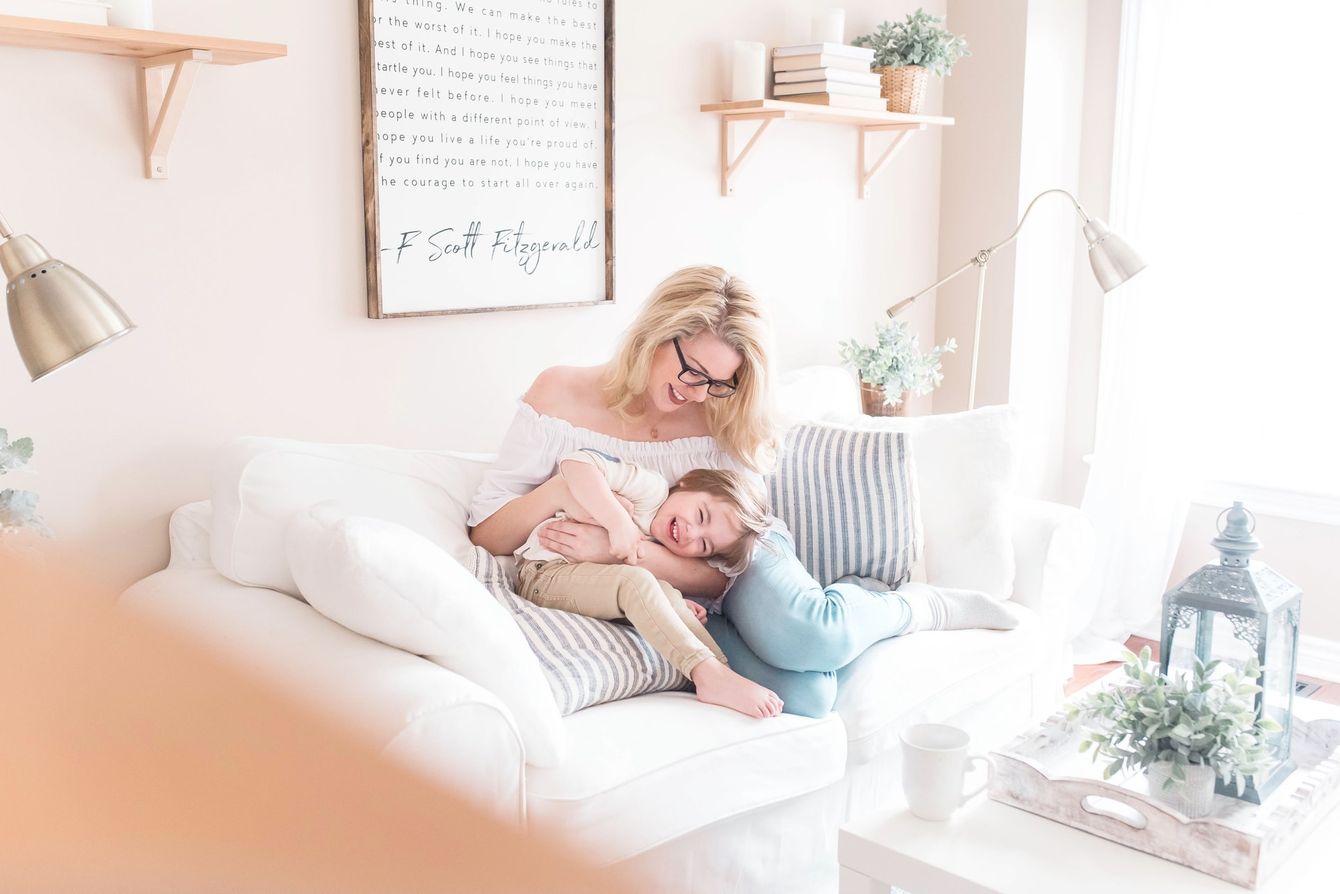Social distancing measures and COVID-19 restrictions mean families are staying home at an unprecedented rate. Here are 17 simple tips you can adopt to keep cabin fever at bay and stay positive during lockdown.
The highly contagious Delta variant has been sending countries, cities and states into lockdown like never before. Some schools are closed, forcing students into online learning—that is if parents haven’t already made the decision to keep their children home.
The science behind why we feel so down
While some may think being in such close quarters all the time may cause friction within family members, the bigger problem here lies in the inability to be somewhere different geographically.
“Our brain needs novelty and we normally get that because we leave the home to go to work, school, the gym, meet with friends . . . and we need to find ways to replace that sense of novelty while at home,” says Dr Lea Waters, a psychology professor at the University of Melbourne, a parenting expert and author of the acclaimed parenting book, The Strength Switch.
“Cabin fever is a psychological distress that results from being cooped up in one place for too long. When you’re home all the time, it’s very hard to delineate what’s home and what’s work, geographically and time-wise. It’s more difficult for parents and children to switch off.”
We have been living with the pandemic for over a year now, and evidence suggests it won’t be over for a while yet. We’re in this for the long haul and thankfully, Dr Lea has some strategies we can put in place to make sure our families come out of this happy, healthy and harmonious, and with stronger bonds than ever before.
“It’s a balance of staying positive but allowing room for the negative; being proactive and intentional but recognising that we’re not always going to be at our best self and that it’s okay to make mistakes, and that it’s an opportunity to learn from our mistakes and practise forgiveness,” she says. “It’s a time to understand as a family that there will be good times and bad times, and we’ll all get through it.”
Below are 17 simple tips to help you stay positive during lockdown. Before that however, watch what psychologist Collett Smart has to say about the impact prolonged lockdown may have on our mental health.
1. Create dedicated zones
This is all about visual cues. Create a dedicated geographical space in the house for school, work, relaxation, devices.
If you live in a small space, it could simply be shifting some furniture around, putting something in the corner, rearranging the floor rug, or just getting a piece of paper, labelling it “workspace” and then taking it down in the evening when using it for a different purpose. Children can put up photos of school or their friends on the wall.
“Every room has a psychological priming attached to it: The room where I sleep, eat and so on. You need to create new priming for your brain,” says Dr Lea.
2. Setting up a timetable
You might be in the same space (room), but you’re performing certain responsibilities during specific hours. Make sure everybody in the family is aware of each other’s timetable and respects that.
3. Write up a family contract

“Forewarned is forearmed,” says Dr Lea. Consider what everybody living and working at home will look like, including the pros and cons, and strategies to combat them. Discuss:
- What is the goal—what do you want the family to look like after this experience?
- What happens when family members are frustrated with each other, feel like they’re in each other’s space or if one member is feeling particularly sad?
- Ground rules.
- New rituals (see below).
4. Stick to normal routines
“The brain needs the sense of safety and predictability that a routine can give,” Dr Lea says.
5. Embrace the extra time
With offices closed and many extracurricular activities cancelled, this may be the first time many families are able to sit down and have meals together. Many of us who live in the city can spend around two hours every day commuting. Staying at home means you have extra time to create new rituals (see next point).
6. Create new rituals
With up to two more hours available to us each day, use the time you would have spent going to work or school to do something positive or fun.
Use the strengths of each family member. “The funny one can be responsible for looking for funny memes, the creative one can look at designing new work spaces,” says Dr Lea.
7. Music
Choose a song or playlist and play it for everybody in the lounge room or while having breakfast.
“Music, especially upbeat music, changes the chemistry of our brains,” says Dr Lea. “It gives us dopamine [a feel-good chemical] and sets us off to ‘go to’ work or school in a positive way.”
8. Food
Create a weekly menu list. Encourage your children to share their favourite meals or what type of food they would like to eat.
9. Laughter
Find a funny video or meme to share with the entire family at the end of the day, before bed.
10. What went well?
Introduce a daily ritual during meal times or before bed for every family member to reflect on something really simple but that went well for them that day. It teaches kids to notice moments of positivity in their lives despite the distressing situation in the world that’s out of their control.
“The brain is a pattern-detecting organ,” says Dr Lea. “This exercise trains your kids to get into the pattern of looking out for what went well for them that day; this means their brain would be able to recognise what went well much more easily.
“It’s important not to force this exercise, creating false positivity. Give your children (and yourself) the option to say, ‘I don’t have anything to say today.’”
For Christian parents, the “What went well?” exercise could be practised through acknowledging God’s presence and blessings in their day.
11. Be in the present

Activities such as colouring-in can help to calm the nervous system, forcing children (and adults) to focus on the moment without worrying about what will happen in the future. Dr Lea also recommends mindfulness apps such as Smiling Mind and ReachOut Breathe.
Spending time reading the Bible, reflecting on God’s promises and praying to Him can be very helpful too.
12. Touch
Social distancing rules don’t apply to immediate family members, and most certainly not your children. Hug them and do it with a smile. It’s a win-win situation that will improve the moods of both hugger and huggee, and reduce stress levels.
“Touch and a smile from someone you love triggers the brain to release oxytocin, a feel-good hormone that deepens bonds, and also reduces cortisol, a stress hormone,” says Dr Lea.
13. Talk—often
Dr Lea calls these “Corona conversations”, where you check in on how your kids are doing: What are the facts they’re hearing and what are their emotions around those facts?
“A meaningful or intimate conversation also triggers oxytocin, as can shared laughter,” says Dr Lea.
14. Be vigilant
It’s okay and normal to have down days, but parents need to watch for signs of distress in children. These include:
- Wanting to sleep for long hours
- Loss of appetite
- Loss of motivation and not wanting to engage
15. Be honest
“It’s important to be authentic with our kids,” Dr Lea says. “They’ll know if we’re hiding our emotions from them. Be emotionally honest, but not to the point where it will distress them.”
Parents shouldn’t hide their fear or distress from their children, and be open with their feelings in an age-appropriate way. Model to the children how you positively deal with a negative emotion.
“Show them that it’s okay to feel stressed and angry, but not okay to lash out at people,” says Dr Lea. “This is an opportunity to engage in emotional coaching of our children, showing them how to respond to a particular situation.”
16. Seek forgiveness
Of course, as parents, we will lose control sometimes and Dr Lea says that’s fine. The important thing is to explain to the child what happened and to apologise and ask for forgiveness.
“You’re salvaging it by showing them we can’t always be in control of our emotions, but we can come back afterwards and say sorry and think about how we can do things differently the next time,” says Dr Lea.
According to Dr Lea, the two most important words for families, especially right now, are “I’m sorry” and “I forgive you”.
17. Give it at least two weeks
Don’t expect to adjust to a new routine immediately. Give you and your children some time to adapt to your new routine.
“The first two weeks will be very disrupting and we’re learning what the new normal is, but parents will start to notice their children settling in,” says Dr Lea.
Sign up for The Strength Switch Online Course
For families still struggling to find their groove, this may be a perfect time to sign up for Dr Lea’s online course, The Strength Switch, which helps each family member to learn what their strengths are, and together as a family.
“It’s all about bonding as a family,” says Dr Lea. “It intentionally builds in moments of connection and positivity between parents and kids.”
Separated over five main sections, Understanding Strengths, Seeing Strengths, Using Strengths, Growing Strengths and Celebrating Strengths, it’s a course filled with videos, activities and games families can do together.
“It’s like having a positive psychologist come into your house each day, giving your family activities to do to help them feel positive,” she says.
While originally designed as a five-week course, thanks to new lockdown measures, families can choose to do this over as long or as short a time as they want. The total time commitment is 10 hours, which can be spread over any number of days.
Download these tips as a PDF

How helpful was this article?
Click on a star to rate it!
0 / 5. 0
Be the first to rate this post!
Melody Tan
Related posts
Subscribe
Receive personalised articles from experts and wellness inspiration weekly!

